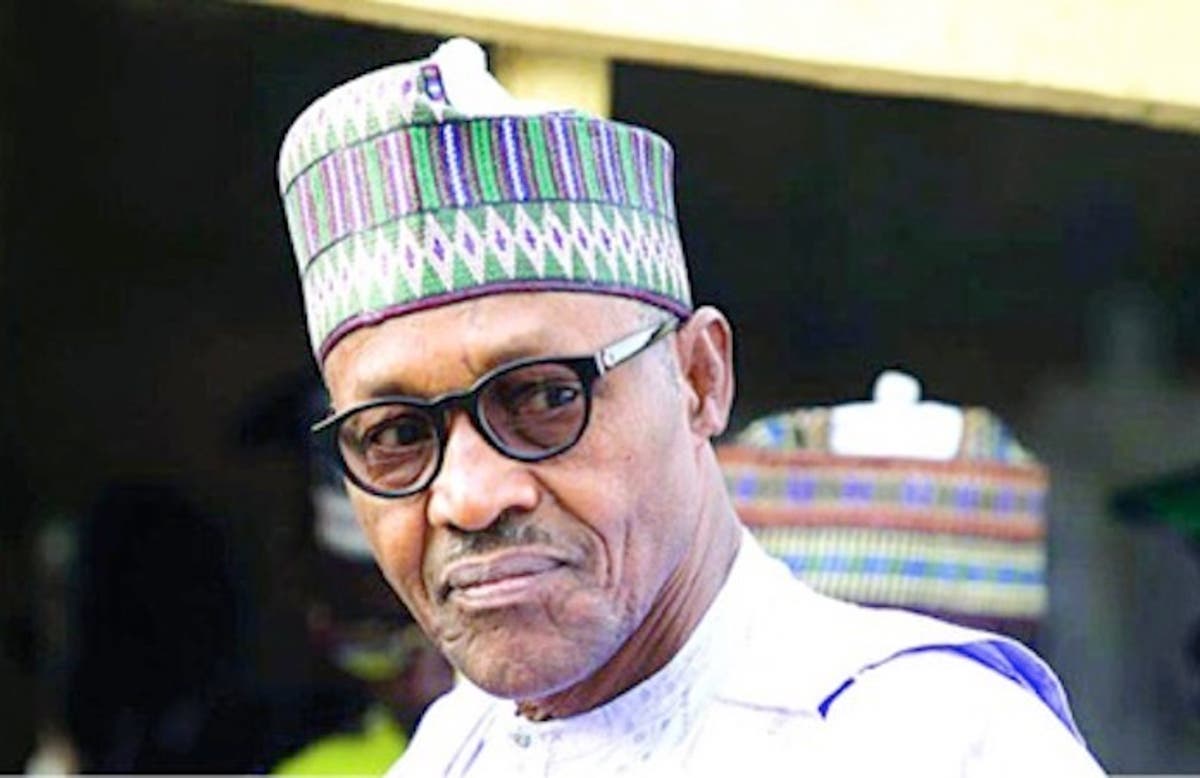By Abdallah el-Kurebe, Editor
The Executive Chairman of the Federal Inland Revenue Service (FIRS), Mr Tunde Fowler has been re-elected as Council Chairman of the African Tax Administration Forum (ATAF) for a fresh two-year term.
According to a statement by Wahab Gbadamosi, FIRS’ Head of Communications and Servicom Department, Fowler was returned unopposed by all ATAF Council members at the Forum’s 5th General Assembly meeting, on Wednesday in Gaborone, Botswana.
He led the organisation in the last two years, with commendable applause from members of the organisation who saw that his candidature was not opposed by any of the 26 countries that participated in the elections, including Burundi, Burkina Faso and Mauritius contested the position of the Vice-Chairman, which Mauritius won.
Established in 2009, ATAF, the continental association of tax authorities, has 38 members. Fowler succeeded Mr Gershem T. Pasi, the Commissioner- General of Zimbabwe Revenue Authority, in 2016.
“Under Fowler, ATAF has made tremendous strides. Last year in Abuja, ATAF launched the landmark ATAF Transfer Pricing Toolkit, which is assisting African countries to prevent huge financial loses through new Transfer Pricing Rules. Many African Tax Authorities are leveraging on the toolkit to contain financial leakages from their economy. Also, ATAF under Fowler has given Africa a global voice in global tax matters,” the statement read.
ATAF is leading the world in African position on Tax Affairs, with its representation on High Level Talks on stemming Illicit Financial Flows (IFF).
Under Fowler, the Forum has also launched the African Tax Outlook, through which African Tax administrations are sharing data.
It has equally strengthened the capacities of African Tax Administration Authorities, with its organisation of quality technical training on the continent
Declaring the conference Monday, Fowler noted that attendance of 35 of the 38 member countries at the event reflected the value and appreciation attached to the role ATAF continues to play in leading and shaping tax matters on the African Continent, adding that the attendance reinforces members support for and participation in the ATAF agenda.
The ATAF Chairman stated that the ATAF Council considers the General Assembly as pivotal in ATAF’s journey.
“We take cognisance of the fact that this is the tenth year of its operations and as such, we are delighted that for the last two years, as the Council, we have been deeply engaged in providing the organisation with the direction required to meet its mandate to support the forging of effective and efficient tax systems in Africa,” he said.
Fowler similarly noted that the foundation and current health of the organisation is robust and ready to propel the work of ATAF into the next 10 years that can be productive, focused and support Africa as articulated in its Agenda 2063.
“The work of the organisation is at the peak of its visibility, both at the continental level and globally. The recent recognition of ATAF’s work by the African Union during the July Assembly of its Heads of State and Government in Mauritania as well as the most recent acceptance of ATAF as a member to two sub committees, of the UN Experts on Mutual Tax Matters (ODA and Tax Treaties) that took place last week in Geneva-Switzerland, is a clear manifestation of the global and continental recognition and endorsement of ATAF as the leading voice on African taxation. This is a vision that we, as Council, have steadily promoted, in our tenure, and that we have no doubt the new Council will strengthen and advance this vision,” he stated.
The ATAF Chairman, who is also the first Vice Chairman of the United Nations International Experts on Tax Matters, noted that the theme of the 5th General Assembly is “Moving Africa Beyond Aid through Tax Revenue Mobilisation” is key to sustainable developments in Africa.
While acknowledging the importance of aid to Africa’s self-sustainability and to development when well utilised, he urged African countries to look inward, modernise their tax systems and generate revenue through increased effectiveness in tax mobilisation.
“This is indeed more sustainable and reliable for development and since it happened elsewhere, there is no reason why it cannot happen in Africa. It is critical that we deepen our engagement with development partners to ensure that their promised support is efficiently delivered and effectively used and that we tap into their experience as we shape the tax agenda for our continent,” he emphasised.



